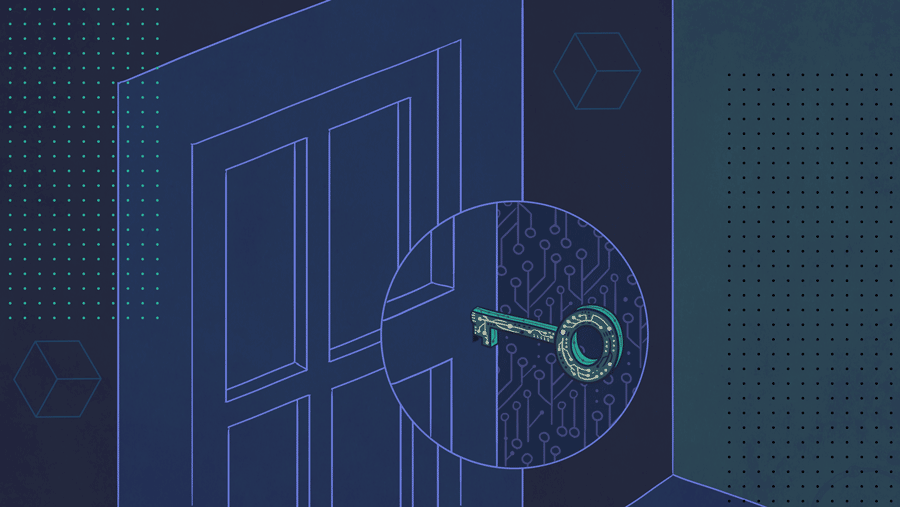For John White, a Massachusetts real estate broker and home security startup blogger, trusting one company with protecting his home is not enough. At any given time, he uses Ring, Lorex, Nest, Wyze, Amazon Cloud Cams, and Arlo cameras (made by Netgear).
“People think I’m hiding something valuable,” he said. “And I am — my kids.”
Subscribe to the Crunchbase Daily
White, who has been blogging about home security for years, said consumers have to decide between trusting a small startup that’s new to the game or traditional options like Google and SimpliSafe.
The two most well-known brands: Google-owned Nest, which we wrote about last year, and the recently acquired SimpliSafe are on the pricier side. A system from Nest costs about $399, and SimpliSafe costs about $311. In addition to its SimpliSafe system, the company recommends a “monitoring” plan, which could cost up to an extra $300 a year (if you don’t buy this plan, the system will just work as a siren, SimpliSafe will not dispatch police or send alerts).
But as the market grows, White said he’s seeing smaller startups working toward affordability and easier adoption for the not-so-tech-savvy. Based on the DMs White gets, there is a market.
Let’s dive into some examples.
Kangaroo is a 13-month old hubless home security system company that just raised $10.26 million in a Series A. Most products have not gone to market yet, but the company said its biggest value is price. Users can sign on for as low as $60 annually with no contract or cancellation fees. The company keeps the price low by connecting to wifi, thus bypassing costly hubs, or wired solutions. It currently has a camera, and also offers a self-monitoring and professional monitoring plan.
“We focused on making something that was going to be affordable and accessible to everyone,” said Maximus Yaney, company co-founder and CEO. “We wanted to reduce the barriers to entry, and fundamentally believe everyone should have access to this.”
Based on its website, the company offers four products: a motion sensor, siren, motion and entry sensor, and climate sensor. The only product currently available is the motion sensor. The new funding will help the company launch its others eventually. So far, the company’s research shows interest skewing toward younger customers than previously anticipated.
Another startup, Cove, has a system costing between $200 and $400. Robert Shelley, CEO, said companies often compromise on quality in the name of affordability.
These compromises look like fewer types of alarms, limited backup battery time and lack of system self-testing so customers don’t really know if the system is actually working, he said.
Cove’s systems cost between $200 and $400, but have a more relaxed cancellation policy than other players in the market. This gives the company a competitive edge. Further, the DIY system takes an average of 27 minutes to install.
The chart below shows a breakdown of several private, venture-backed home security startups.

Blogger White’s favorite low cost home security camera hails from Wyze, which sells for about $25 and has a phone app. That is low compared to Nest, which sells for about $300, and Ring, which averages at around $250.
A quick search on Amazon for “security camera” shows anecdotally how many options are available. Regardless, low-cost newcomers still have a role to play, said White who gets messages daily from people interested in all options. His readers aren’t automatically going with the biggest names in the industry.
While White acknowledges the market is overcrowded with products – he believes “something is better than nothing.” For now, he’s content with his Ring-Lorex-Nest-Wyze-Amazon-Arlo approach. What his readers choose to adopt is their choice. Needless to say, now there are plenty of options to choose from.
Illustration: Li-Anne Dias

Stay up to date with recent funding rounds, acquisitions, and more with the Crunchbase Daily.





![Illustration of conversation bubbles. [Dom Guzman]](https://news.crunchbase.com/wp-content/uploads/Talk-470x352.jpg)





67.1K Followers